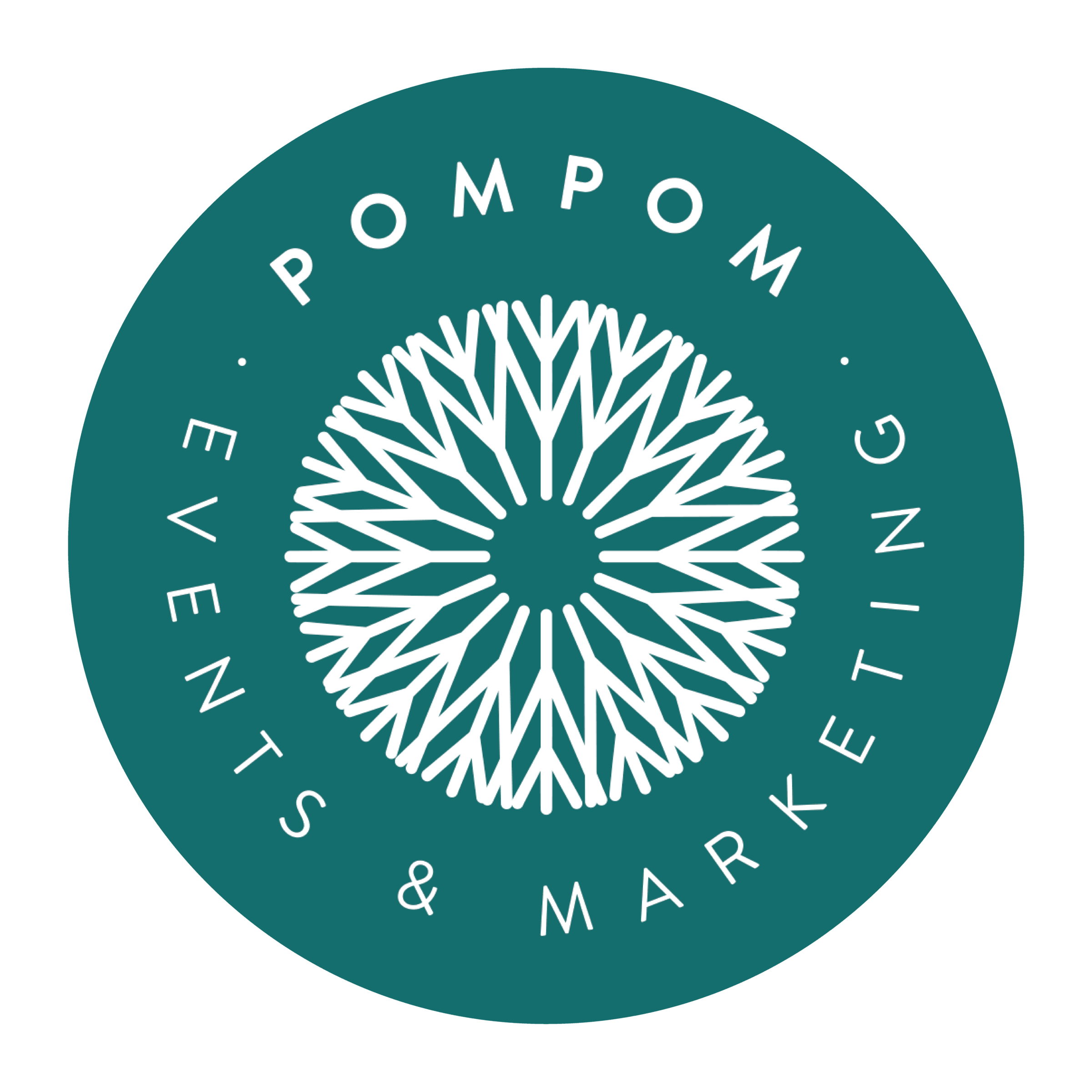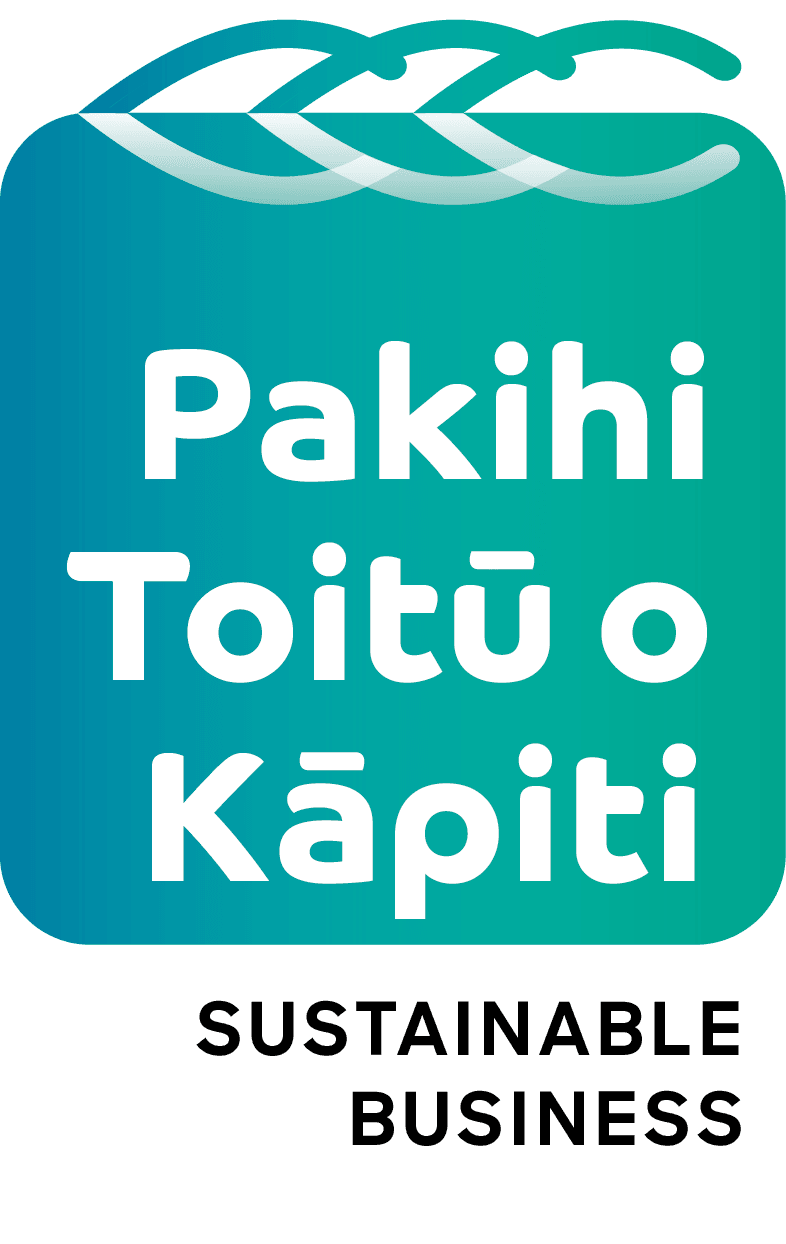In the world of not-for-profits and community organisations, the role of Boards and Governance is vital. These bodies provide strategic direction, ensure accountability, and safeguard the integrity of the organisation. But what exactly is a Board, and how can contractors or organisations work effectively with them? Let's delve into these questions and offer some practical tips on navigating the often complex world of Boards and Governance.
Some Key Considerations When Working with Boards
It’s essential to recognise that the Board is not involved in day-to-day operations but is focused on the bigger picture. When engaging with a Board, your approach should reflect their strategic perspective. Try to present information that aligns with their responsibility for governance rather than operational details.
Boards require concise and clear communication. When presenting a report to a Board, focus on the key points, backed by data and evidence where possible. Avoid fluffy jargon or overly technical details, and be prepared to answer questions directly and confidently.
Establishing a good relationship with Board members is beneficial. Understand their backgrounds, interests, and areas of expertise to ensure more productive discussions.
Understanding that Boards operate within a formal structure and decision-making process can make life easier. It’s important to understand that decisions may take time as they must be deliberated collectively. Patience and persistence are key in this regard.
Tips for Making Decision-Making with Boards Easier
Prepare Thoroughly: Before presenting to the Board, ensure all necessary information is at your fingertips. Anticipate questions or concerns that they might have and prepare responses. A well-prepared presentation not only builds confidence but also facilitates smoother decision-making.
Be Transparent: Transparency is crucial when dealing with Boards. Provide all relevant information, even if it includes challenges or risks. Boards appreciate honesty and are more likely to trust and support proposals when they feel fully informed.
Supportive Decision-making: Decision-making within Boards can sometimes be slow, especially if there is disagreement. Support decision-making by highlighting common goals and the benefits of a unified approach. Provide alternatives or compromises where necessary.
Follow-Up: After meetings, follow up with a copy of the meeting minutes, these are a record of what was discussed and the next steps. Where there is an action, highlight this with the name of the person responsible for taking the necessary steps. This reinforces the decisions made and keeps everyone on the same page. It also demonstrates professionalism and ensures that nothing falls through the cracks.
The Benefits of Boards and Governance
Having a well-functioning Board and robust governance structure offers numerous benefits:
Strategic Oversight: Boards provide strategic oversight, ensuring the organisation stays true to its mission and goals. This long-term perspective is crucial for sustainability.
Accountability: Governance ensures that the organisation is accountable to its stakeholders. This is vital for maintaining trust and securing ongoing support from funders and the community.
Risk Management: Boards play a key role in identifying and mitigating risks. Their diverse expertise allows them to foresee potential challenges and put measures in place to address them.
Enhanced Credibility: Organisations with strong governance structures are often viewed more favourably by funders, partners, and the public. This enhanced credibility can lead to more opportunities and greater support.
At PomPom Events & Marketing, we understand the intricacies of working with Boards and Governance. We believe that supporting good people to do great things often means navigating the complex but rewarding landscape of Board engagement. By understanding their role, respecting their processes, and communicating effectively, you can ensure a productive partnership that benefits the entire organisation.
Insights from Heather Hutchings, Unleash Your Business, Previous Chair of the Kāpiti Chamber and BKH Board Member
What do you believe is the most important quality for a successful partnership between a Board and an external contractor or organisation?
Heather Hutchings: "The most important quality for a successful partnership between a Board and an external contractor or organisation is clear, open communication to ensure alignment of goals and mutual understanding."
From your experience, what strategies have you found most effective in ensuring that Board decisions align with the organisation’s long-term goals?
Heather Hutchings: "When working with a Board, people can make the role easier and more effective by providing timely updates, being transparent about progress and challenges, actively seeking feedback, and aligning their actions with the Board’s strategic goals."
For more insights and support on working with Boards and Governance, flick us an email – we’d love to have a chat.



